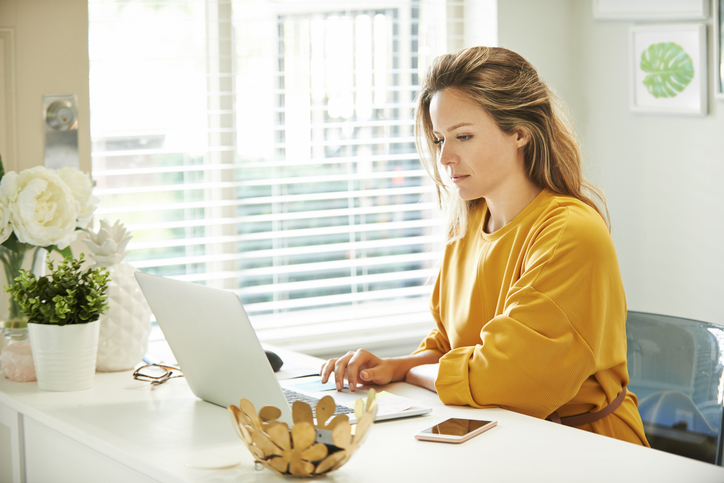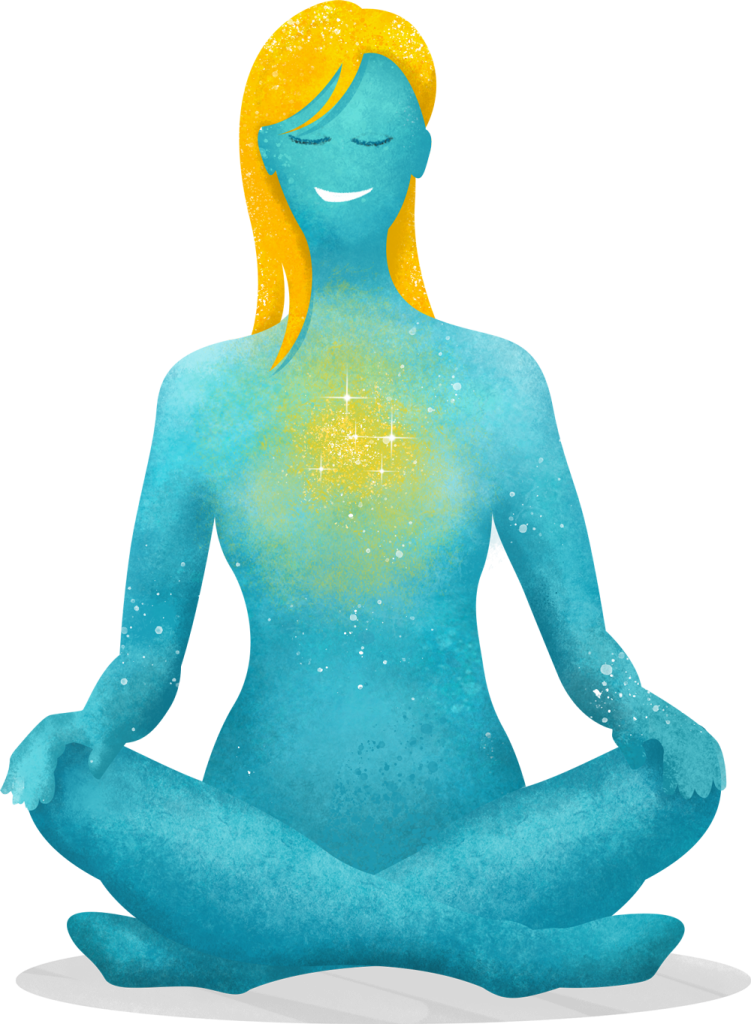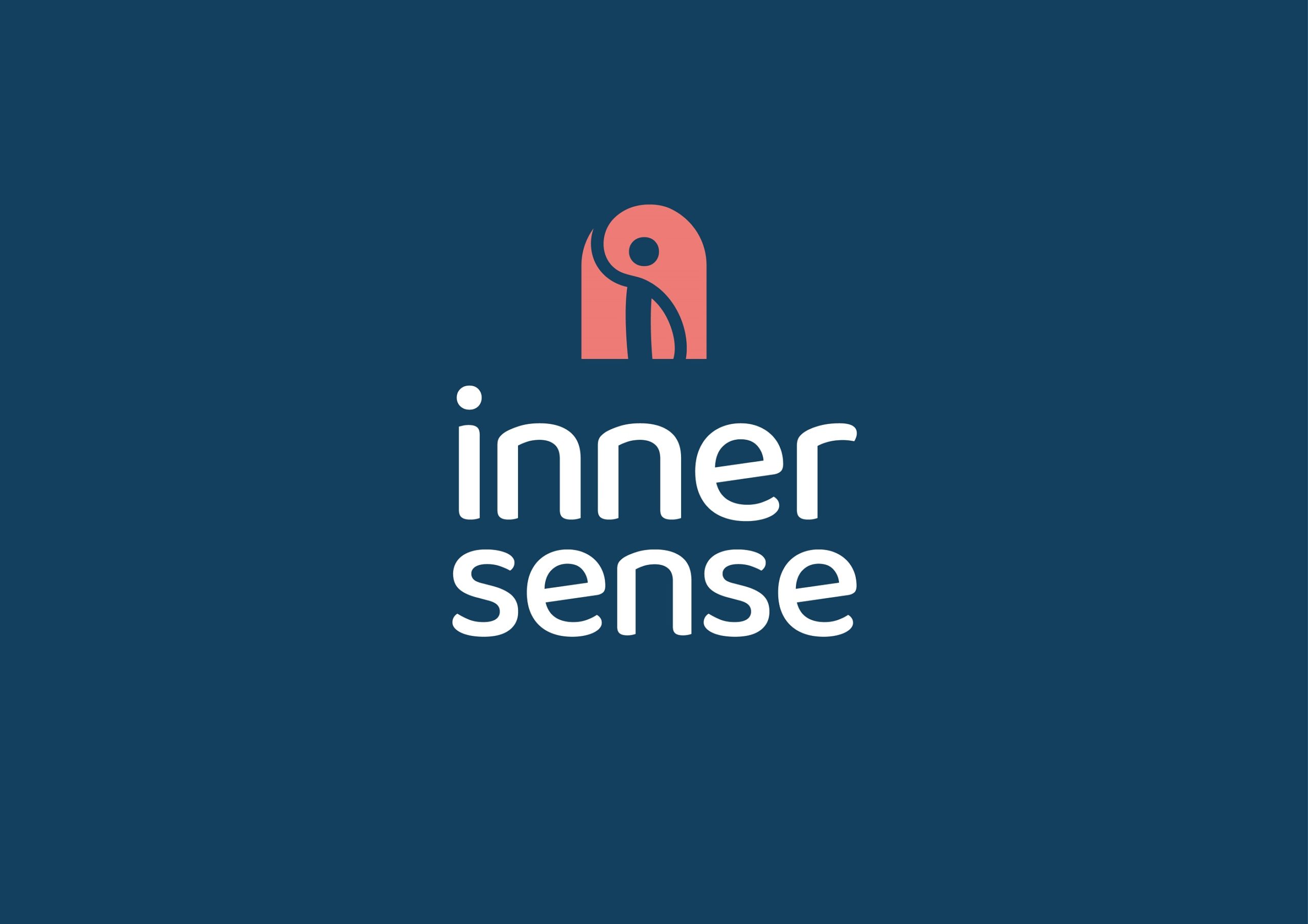Article Overview:
- Scientific evidence suggests that social isolation and a sense of loneliness correlate with stress and morbidity.
- The potential of loneliness for influencing life expectancy is comparable to factors such as smoking and obesity.
- It is possible to overcome loneliness whilst still in being distanced from others.
- Simple actions built into a routine can restore a sense of purpose, control and therefore wellbeing.
My Dad retired from work 16 years ago. Close family members wondered how he’d cope without work because he loved his career so much. There was no need worry though: he found plenty of enjoyable ways to keep himself occupied and to this day, he questions how he ever found time to work.
Like millions of other people in the UK, my ‘day job’ was suspended during the third week of March 2020. On the one hand, I understood the need to, ‘Stay Home, Stay Safe’ in order to slow the spread of this novel Covid-19 virus. On the other hand, I was shocked by how suddenly our world was grinding to a halt. As I listened to the thoughts and views of other people, I noticed that many of us were going through a kind of grieving process – for the loss of a lifestyle we had.
I feel lucky compared to countless others who are suffering or experiencing great loss during this crisis, my dear aunt being one of these people. Just before the Covid-19 lockdown she was learning to come to terms with the fact that her partner of 50 years had to go into a nursing home as he has advanced Alzheimer’s disease. My aunt has never lived on her own before. Her two children work in the local hospital and are at higher risk of transmitting Covid-19 than most people, so they have had to keep their distance from her in order to obey government guidance. My aunt hasn’t hugged her family members or anyone else since the distancing measures were implemented, adding to her sense of loss from not being able to visit her husband. She regularly tells me that the days feel so long for her now.
The dangers of isolation and loss of routine
A sense of loneliness or low self-worth may seem like less important threats to a person’s life than common diseases, yet scientific evidence suggests otherwise. It is now known that social isolation and a sense of loneliness correlate with stress and morbidity. 1 The potential of loneliness for influencing life expectancy is comparable to factors such as smoking and obesity. 2
The potential of loneliness for influencing life expectancy is comparable to factors such as smoking and obesity
Amy Freedman, Jennifer Nicolle. Canadian Family Physician Mar 2020, 66 (3) 176-182
As well as feeling isolated during lockdown, many people will have lost the sense of purpose they receive from work. A survey by the British Chamber of Commerce suggests that a quarter of UK workers face being furloughed during the pandemic.3 Having a higher sense of purpose has been shown to add years to your life. 4 Together with increased financial strain, the long-term effects of lockdown will continue to stack up. In the same way that medical professionals are having to make life-and-death decisions about ventilators, in the current pandemic some experts are predicting a crisis in support for Mental Health services. 56
Regaining control to overcome loneliness or anxiety
Some people are more susceptible than others to the effects of isolation or sudden change. By understanding why this is the case we can help support those who are struggling to cope. According to Professor of Psychiatry and Behavioural Neuroscience, Dr Stephanie Cacioppo, it is possible to overcome loneliness whilst still in being distanced from others. 7 “What we’ve found in research is that a sense of control is essential for one’s sanity,” says Dr Cacioppo, who believes that it doesn’t really matter how we regain that sense of control. The important thing is that our sense of control makes us feel safe and we are able to manage our personal affairs.
“What we’ve found in research is that a sense of control is essential for one’s sanity”
Professor of Psychiatry and Behavioural Neuroscience, Dr Stephanie Cacioppo
Just like my Dad, who soon found ways to occupy himself after retirement, I have been fortunate enough to feel ‘in control’ during lockdown as my normal routines changed. The period of adaptation has also reminded me that some of the best things in life that can restore our sense of purpose, control and therefore wellbeing are often free, like walking in Nature, or taking the time to reach out to distant family members, or old friends or family.
Simple guidance
If you or someone you know is struggling to cope with the uncertainty around Coronavirus you can visit the NHS Every Mind Matters website for guidance on how to regain a sense of control. It includes links to simple actions such as home exercise regimes and mindfulness tutorials that can help steer us towards calm. Their top 10 tips are as follows:
- Stay connected with people
- Talk about your worries
- Support and help others
- Feel prepared
- Look after your body
- Stick to the facts
- Stay on top of difficult feelings
- Do things you enjoy
- Breathe and focus on the present
- Look after your sleep
Similarly, the latest guidance on financial support for UK employees, employers and businesses can be found from Gov.UK.
When one door closes, another opens
Over the next few days I am going to share with you some of the surprising things I’ve learned during lockdown in my attempt to make sense of the unfathomable. The global crisis has raised so many questions that can’t be fully answered. Yet, I’m optimistic that in any moment, we can find reassurance from unexpected sources. Here’s what I will be talking about:
- Part 2 – The Value of Your Attention During Uncertainty
- Part 3 – Reliable Ways to Stay Healthy Now
- Part 4 – Our Recovery Phase: Re-imagining The Future
Stay vital and stay connected.
Ian
Sources and References:
- https://www.ncbi.nlm.nih.gov/pubmed/30825769
- https://www.ncbi.nlm.nih.gov/pubmed/32165464
- https://www.britishchambers.org.uk/news/2020/04/bcc-coronavirus-business-impact-tracker
- P. L. Hill, N. A. Turiano. (2014). Purpose in Life as a Predictor of Mortality Across Adulthood, Psychological Science, 2014
- https://www.medscape.com/viewarticle/927327#vp_3
- https://www.theguardian.com/world/2020/apr/09/us-healthcare-workers-make-gut-wrenching-decisions-coronavirus
- https://www.vogue.com/article/coping-with-loneliness-in-self-isolation



